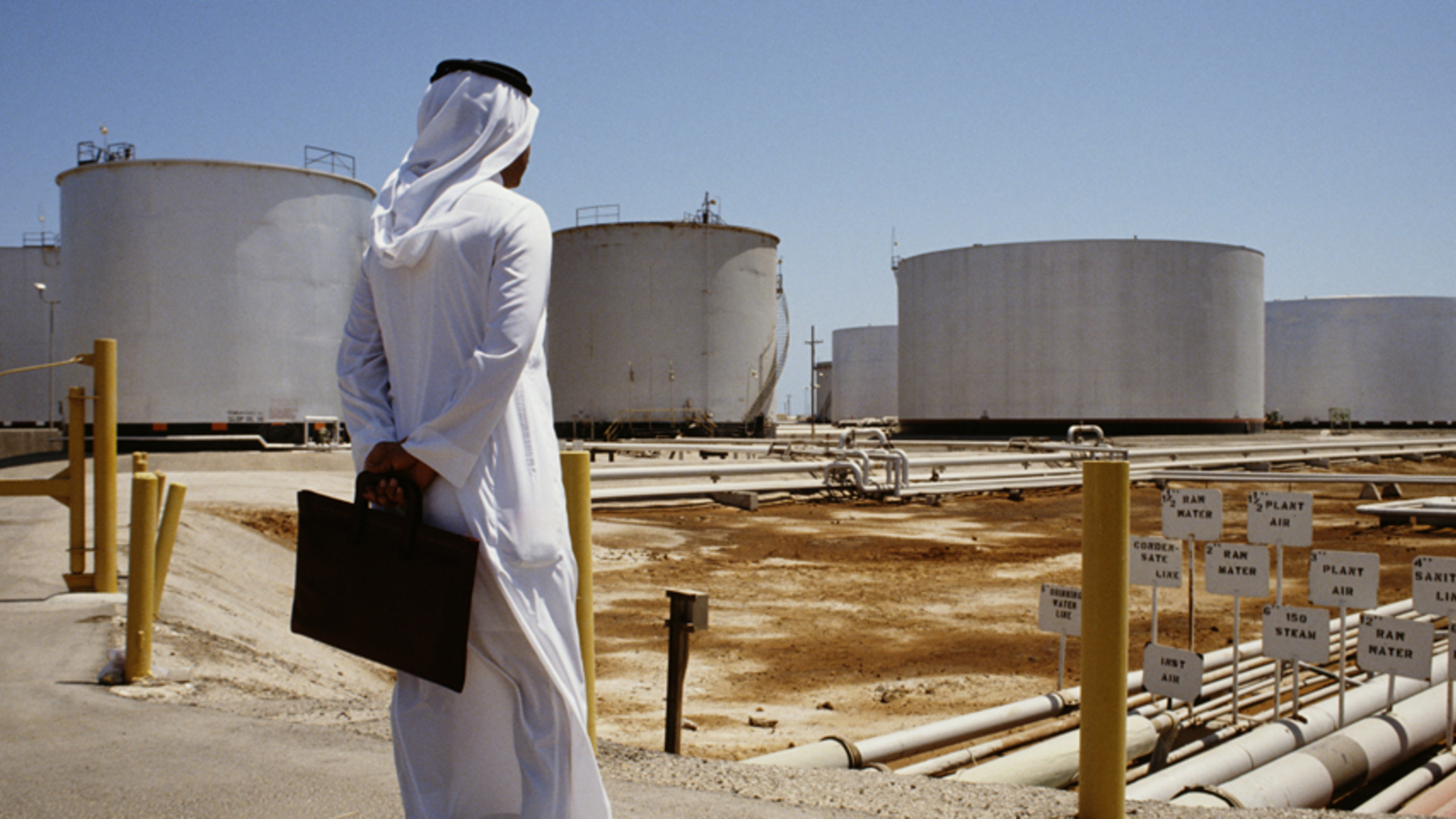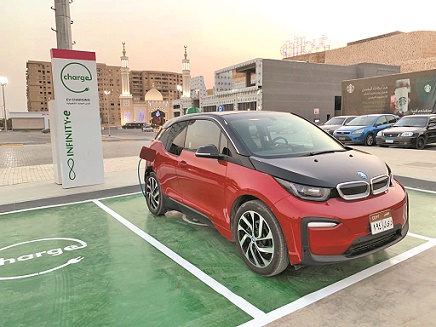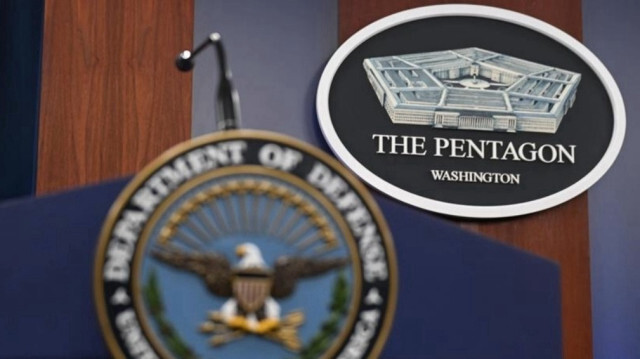Saudi Aramco's Strategic Financial Moves Amidst Global Shifts
Exploring Saudi Aramco's financial strategies as it reports Q1 profits, sustains dividends, and revises capital expenditure amidst a dynamic global energy landscape.
Published May 08, 2024 - 00:05am

Image recovered from oe24.at
RIYADH: Saudi Aramco, the world's leading oil company, reported a net profit of $27.27 billion for the first quarter of 2024, barely a 2.04 percent increase over the previous quarter but marking a notable 14.44 percent decline compared to Q1 of the previous year. Despite this dip, the energy titan announced a considerable base dividend of $20.3 billion for the quarter alongside a prospective performance-linked dividend of $10.8 billion anticipated for Q2, totaling an expected $124.3 billion in dividends for 2024.
At the center of Aramco's resilience is its significant progress in the gas sector, with a newly discovered 15 trillion standard cubic feet of gas at the Jafurah Field, propelling its strategy to expand its integrated downstream value chain. The Q1 achievements also include a $7.7 billion investment for the Fadhili Gas Plant expansion and the accomplishment of a 100 percent equity acquisition in Chilean retailer Esmax. With these developments, Aramco maintains a pivotal role in providing flexible energy supplies while navigating the energy transition and climate challenges.
Alongside these announcements, Ziad al-Murshed, CFO of Saudi Aramco, expressed during an investor teleconference that the global oil market currently faces a deficit, with demand bolstered by the growing economies of the USA, China, and India. This view echoes the findings by S&P Global, anticipating a 1.7 million barrels per day rise in oil demand within the year.
Despite the global financial intricacies, including a projected $21.07 billion deficit for Saudi Arabia's 2024 budget, Aramco remains committed to its ambitious dividend plan, heavily depending on the Royal Kingdom's economic diversification efforts away from fossil fuels. The Saudi government, holding approximately 82.2% of Aramco, largely depends on the payouts, royalties, and taxes it garners from the company.
Saudi Aramco's strategic maneuvers, such as the reported increase in capital expenditure by 23.8% to support upstream liquids, gas, and new energy sources like renewables, showcase its agile approach to industry headwinds. The company's focus on its gas business and renewable energy initiatives, including planned investments of up to 12 gigawatts in solar and wind projects by 2030, reflects its commitment to aligning with global energy transformation trends.
While addressing these strategies, Aramco continues to consolidate its capacity, with the CEO Amin Nasser highlighting the conclusion of multiple oilfield expansions and the commitment to maintaining production capabilities. With eyes set on further gas production and new energy ventures, Aramco's actions reflect an adaptation to both market conditions and long-term sustainability goals.
The modest upswing in Q1 profits masks the underlying financial strength of Aramco, which is buttressed by an aggressive cost management strategy and a steady increase in both upstream and downstream activities. The company has been able to slightly curb costs despite inflationary pressures and a complex global supply chain environment. Efforts in digitization and operational efficiency have played a significant role in achieving this feat, enabling Aramco to navigate through the muddy waters of the current economic landscape.
Moreover, Aramco's plans to scale up its downstream portfolio through strategic acquisitions and expansions further demonstrate its commitment to becoming a leader in energy and chemicals. It is through these ventures that Aramco aims to transform into a fully integrated energy and petrochemical enterprise, thereby reducing reliance on crude sales. This strategic pivot is seen as essential for meeting the global shift towards more diverse and sustainable energy sources.
On the financial front, Aramco's robust cash flow generation has allowed it to maintain a healthy balance sheet despite its extensive capital expenditure program. This strength bolsters the company's capacity to withstand market uncertainties and volatile oil prices. Furthermore, Aramco continues to receive solid credit ratings from major agencies, an indicator of investor confidence and the company's financial resilience.
Environmental concerns are becoming an increasingly pressing issue worldwide, and Aramco is responding by stepping up its efforts in carbon capture and storage technology. The company is working on several projects to minimize the environmental impact of its operations. These efforts are not only aimed at meeting more stringent regulations but also at improving efficiency and reducing waste in its operations.
Aramco's strategic direction is also guided by its commitment to corporate social responsibility (CSR) and sustainability goals. The company has pledged substantial investments in community development, education, and the environment. These efforts complement its economic objectives, as they work towards creating a positive impact on society and the planet, which in turn supports a stable and sustainable business model.
Examining the broader market, uncertainties such as geopolitical tensions and the ongoing impact of the COVID-19 pandemic continue to exert influence. OPEC+ decisions and US shale oil production levels also remain pivotal elements that could sway market dynamics and thus affect Aramco's operations. Being a major player, the company's strategic decisions hold significant weight in these market matters, with implications that extend far beyond its immediate business interests.
As Aramco looks to the future, it is clear that sustainability and innovation are at the heart of its drive. Investments in technology and research are being ramped up, aiming to yield advancements in hydrocarbon recovery and to catalyze the company's pivot toward new energy ventures. Aligning with Vision 2030, Saudi Aramco seems well-poised to redefine its role in the global energy markets while fostering economic prosperity and environmental stewardship.






